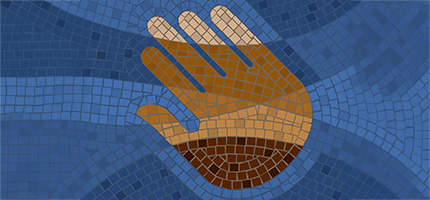
Reconciliation Action Plan
CBABC has developed a plan in response to the Truth & Reconciliation Commission's Calls to Action.
Regulation of the Profession
Immigration Law 2026


Regulation of the Profession
Making members' voices heard to preserve the self-regulation of lawyers.
Learn more




Immigration Law 2026
Chart the best course for your clients. Deadline to register is February 20.
Explore + Register




Find a Lawyer
Use our Find-a-Lawyer search tool
Much work is needed to redress the harm caused by our colonialist past. These resources educate and assist lawyers and organizations on their Reconciliation journey.


Reconciliation Action Plan
CBABC has developed a plan in response to the Truth & Reconciliation Commission's Calls to Action.

